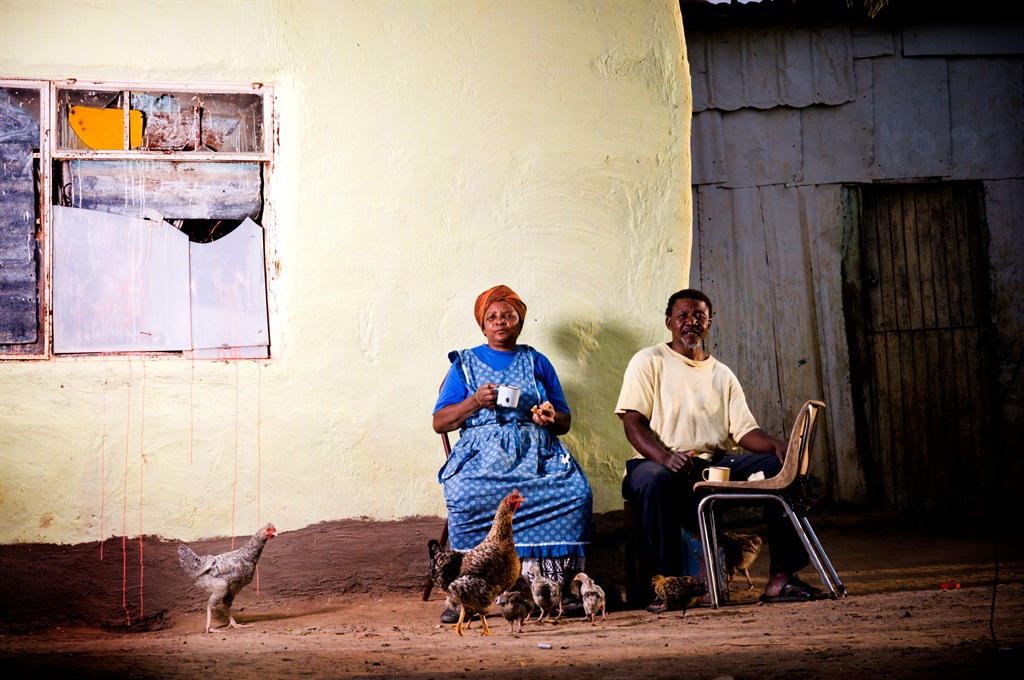
South Africa's pension system has gone down further on the global rankings. If it were a soccer team, its coach would not be worried about being relegated from the premier league, but rather about getting kicked out of the first division into the second division.
This year, the country's pension system was ranked 34th out of 44 retirement systems worldwide in the 14th annual Mercer CFA Institute Global Pension Index. The 44 pension systems that Mercer looks at cover 65% of the world's population.
South Africa has been sliding down the rankings. It was in 27th place in 2020, when there were 39 countries on the index. In 2021, it was ranked number 31 among 44 countries, and this year it has regressed three places.
In India, the Middle East, Turkey and Africa region, where SA was bundled, it is only doing better than India and Turkey. Our pension system scored worse than Mexico's, Peru's, Chile's and Brazil's.
"Even before the pandemic, the retirement savings and old age pension systems were facing challenges. The health and economic crisis has increased the risk that people may be unable to save enough for retirement," said Mercer's senior partner and lead author of the study, Dr David Knox.
He said that while this was not only an issue in South Africa, the local pension system has many setbacks. There is a lack of preservation as people tend to take their retirement savings in cash when they change jobs. And it's seldom due to a culture of consumerism. Raazia Ganie of the CFA Society South Africa pointed out during the presentation of the report that people usually take that money because they have no other alternative.
"[It's] usually for very important purposes such as staying alive," she said.
In 2021, the Department of Social Development published a green paper proposing the establishment of a National Social Security Fund, a system Ganie believes could assist in addressing the problem to a certain extent. The idea was that it would provide retirement, disability benefits and unemployment benefits to all South Africans, including the unemployed and those employed in the informal sector. But it ended up withdrawing the paper, promising to come back with a revised version, and that has not yet been forthcoming.
While solutions like the National Social Security Fund are well-intended, some argue that they put an additional burden on the shrinking tax base, which often complains that it has been taxed to the max.
She thinks the financial sector can also do more. One of the recommendations that came up in the workshops that the researchers hosted included compelling all investment houses to provide regular projection statements so that all people saving for retirement can see how they are doing against their goals. Some firms already do this.
But Ganie also believes they can create simpler products tailored to low-income earners. Right now, many firms are trying to grab savers' attention. There are thousands of products to choose from, making it difficult for ordinary people to tell which one is right for them and whether the different costs they levy are reasonable or will leave them with less than what they put in after decades of saving.
"We have low-income earners who find it difficult to find cost-efficient, fit-for-purpose solutions in the current framework because the products are really not geared for this part of the market … In addition, product proliferation and complexity are a problem," she said.
But Alexforbes, Mercer's strategic partner in Africa, pointed out that while the country slid down the rankings, certain things are improving.
For starters, SA's overall index value improved from a score of 53.6 out of 100 in 2021 to 54.7 in 2022. SA scored 49.7 for the sustainability of its system, improving from 44.3 in 2021, thus boosting the overall score. But it did worse than in 2021 on adequacy and integrity fronts. Those two pillars measure whether the elderly get enough money for their basic needs and also look at the operating costs of running the system, among other things.

